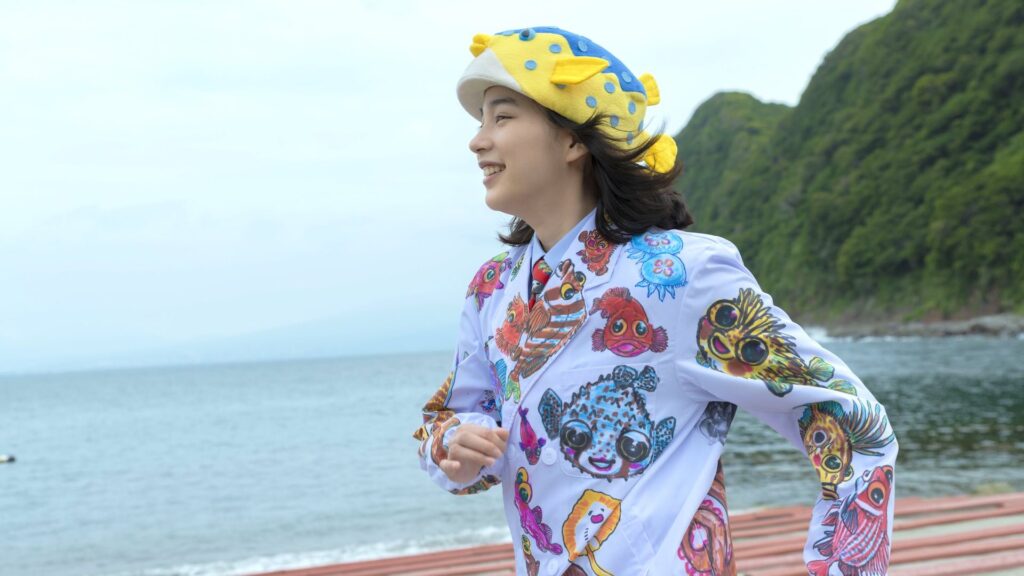Japanese Cinema Trends

To celebrate the return of JAPAN CUTS as a fully in-person event, Mark Schilling, noted critic and author, has penned a short forward exploring the Japanese film industry’s similar rebirth. In this piece, Mark looks at the last year of Japanese cinematic trends as Japan’s filmmakers and film companies return to theaters. Mark’s work has been featured in The Japan Times, Variety, Time, Newsweek, Vogue and more.
The Japanese film industry has made a strong recovery from the pandemic, with theatrical admissions and box office earnings both rising by almost one-third in 2022. Also, Japanese films maintained their long-standing dominance over the Hollywood and other non-Japanese competition, taking a nearly 70 percent market share last year.
The number of screens, however, declined slightly from 3,648 in 2021 to 3,634 in 2022, with nearly all the decrease accounted for by smaller arthouse theaters. Hit by state-of-emergency shutdowns and restrictions, as well as the exodus of their older core audience, many of these theaters struggled to survive during the pandemic, especially ones outside major metropolitan centers.
Japan’s independent film sector, which relies on these theaters for distribution, is nonetheless still large and, almost incredibly given the challenges indie filmmakers face, still growing. Of the 1,143 films released in Japan in 2022, 634 were Japanese – and the great majority of these were indie. Also, the total number of domestic films was sharply up from the 490 that opened in 2021.
Made for low budgets, without the backing of major media companies, Japanese indie films may not scale the box office heights of the blockbuster animations and live-action films derived from hit manga and TV shows, but many stand out for everything from the freshness of their storytelling to their incisiveness and even fearlessness in depicting controversial social issues.
One is Amiko, Yusuke Morii’s feature debut whose title character, a free-spirited girl living in the countryside, confronts everything from school bullying to the emotional collapse of her mother following a traumatic stillbirth. Playing Amiko, newcomer Kana Osawa is an unstoppable force of nature, while the film reinvigorates the family drama genre with a mix of raw emotions and lyrical surrealism.
Taking a different path through the familiar territory of films about troubled youths is Yurina Kaneko, the daughter of Death Note and Gamera series director Shusuke Kaneko. Her first feature, People Who Talk to Plushies Are Kind, focuses on members of a college club whose members confide in cute stuffed creatures. Defying generational stereotyping as over-sensitive “snowflakes,” the young protagonists emerge as distinct, sympathetic individuals, wrestling with the sort of isolation and anxieties the pandemic intensified for millions.
Not only first timers are breaking new ground: In his latest film, The Fish Tale, veteran Shuichi Okita has cast the singled-named actress Non as a male TV personality who, beginning as a child, takes an enthusiastic interest in everything finny, though socially he is a fish out of water. Made with Okita’s signature quirky humor and warm human insight, the film offers, in Non’s totally committed performance, a frontal, infectiously entertaining challenge to traditional gender roles.
These films, as well as others from the entire mainstream to indie spectrum, are screening at this year’s JAPAN CUTS. Some are by veteran hitmakers and acclaimed award winners, others by unfamiliar names with outsized talents. Together they offer a cross-section of a film industry in the midst of a turbulent and exciting renewal.
Image: © 2022 “The Fish Tale” Film Partners.